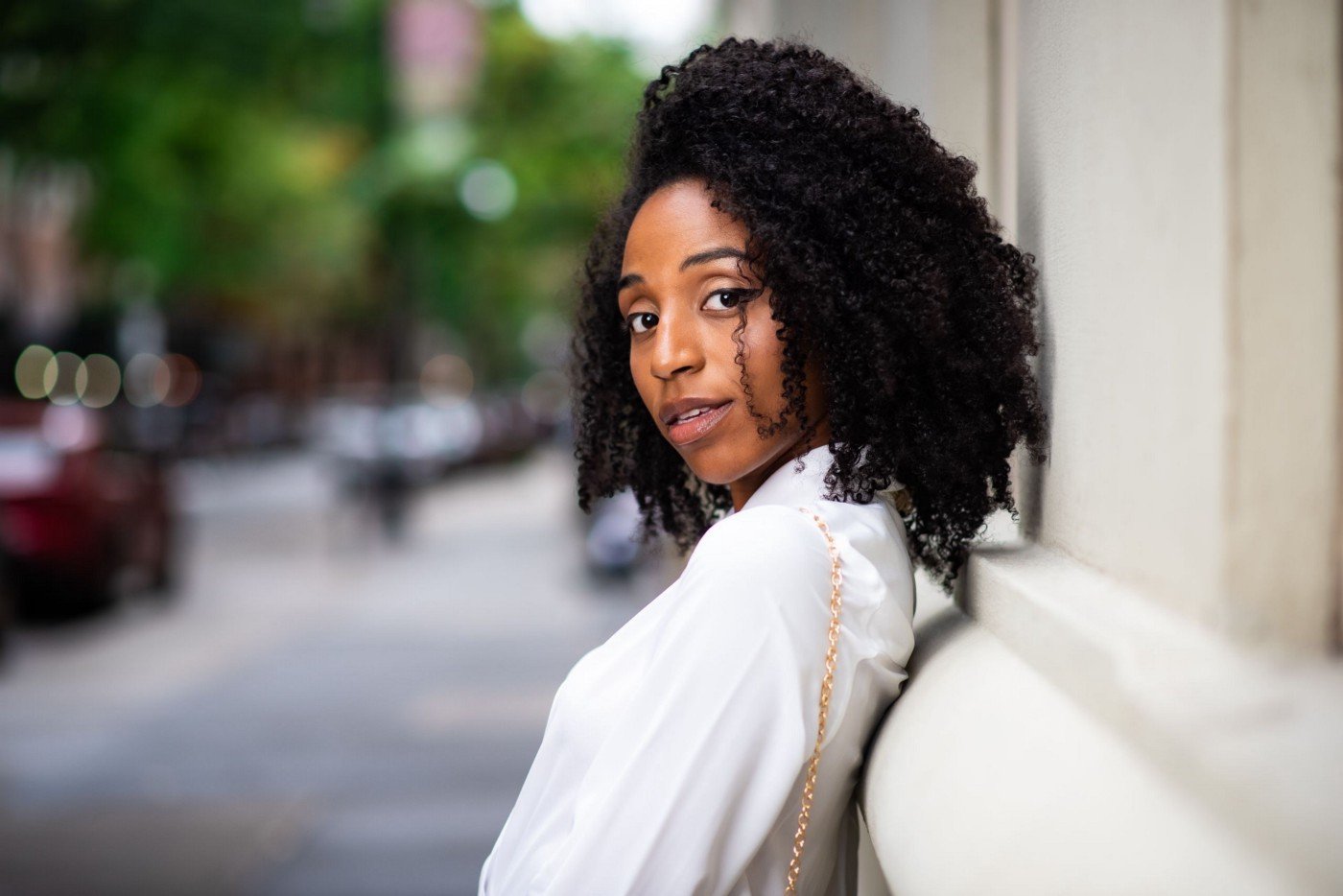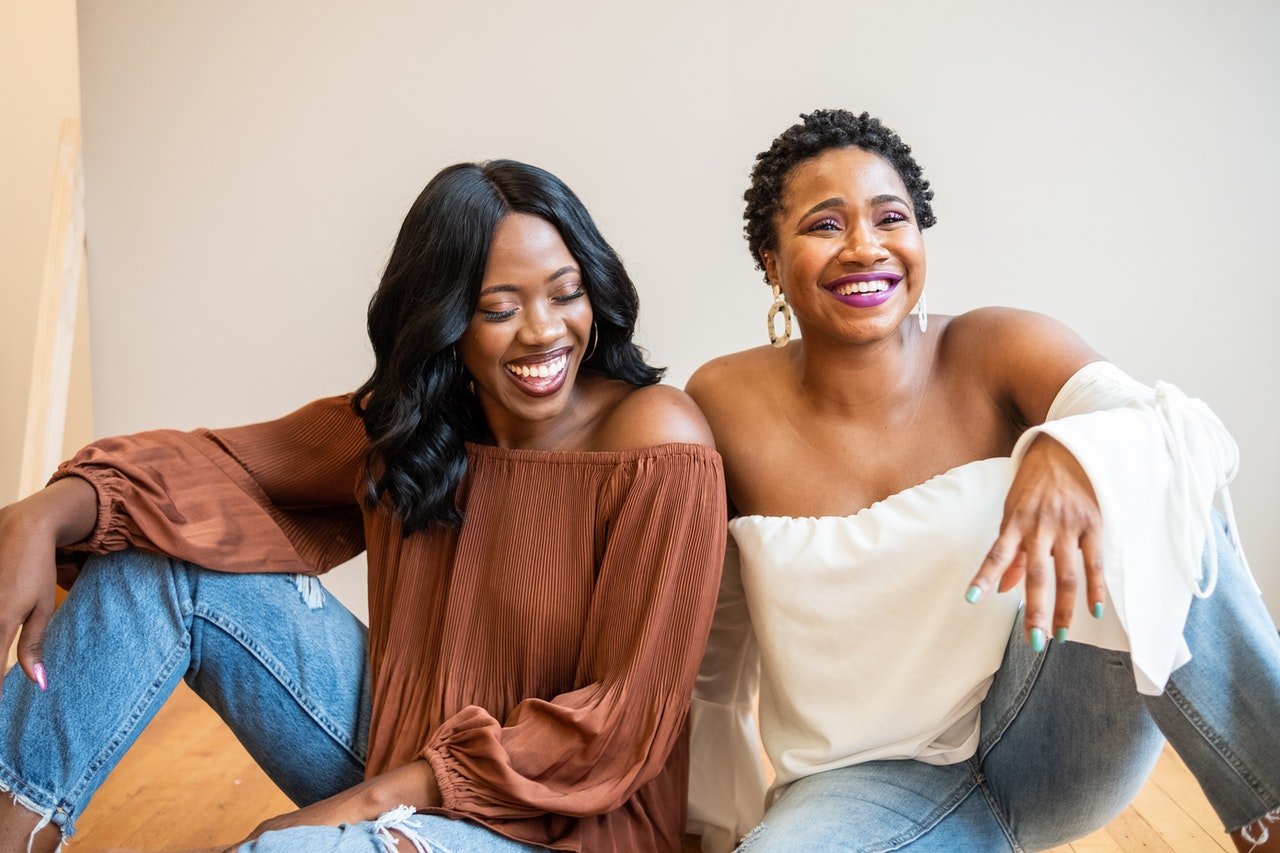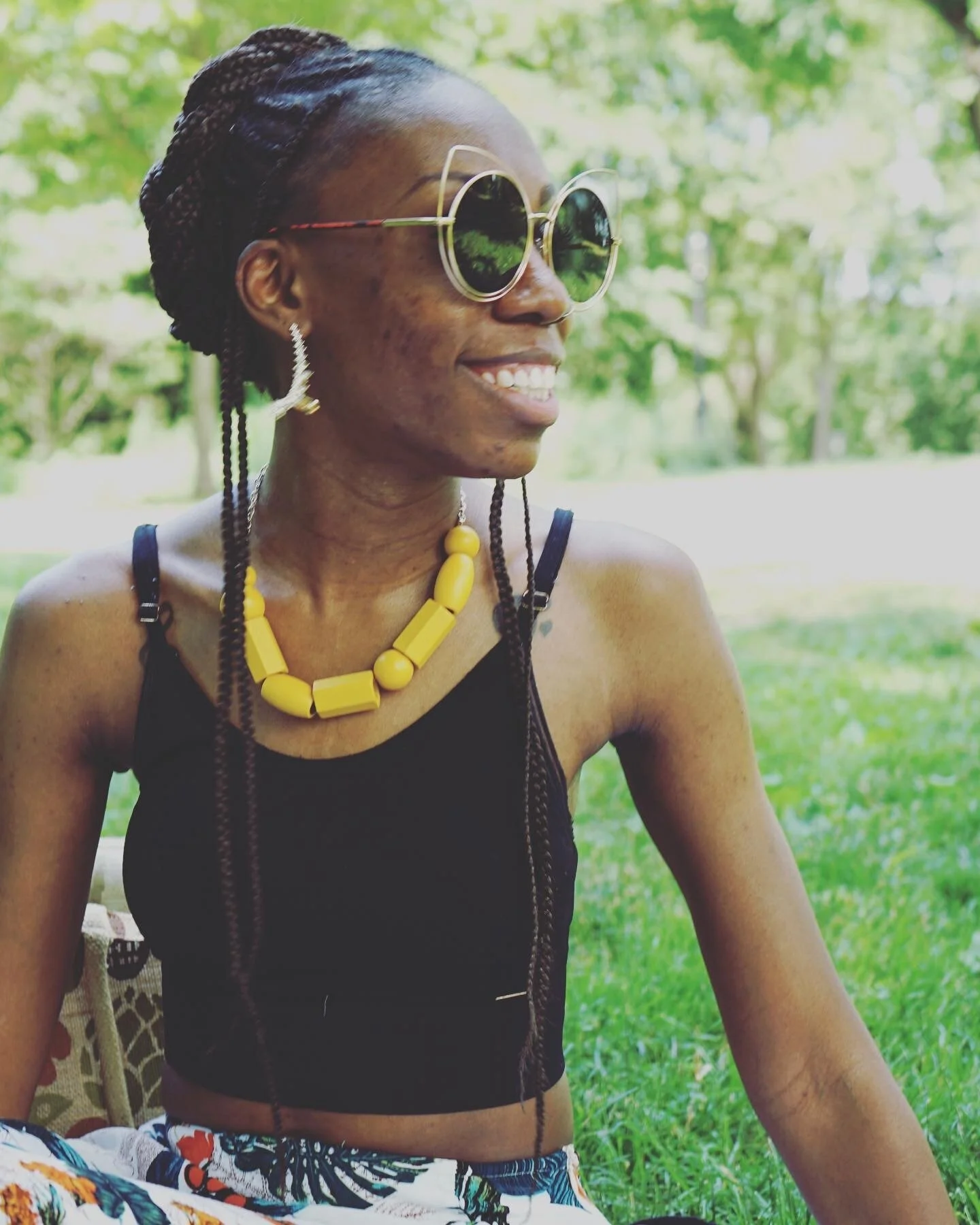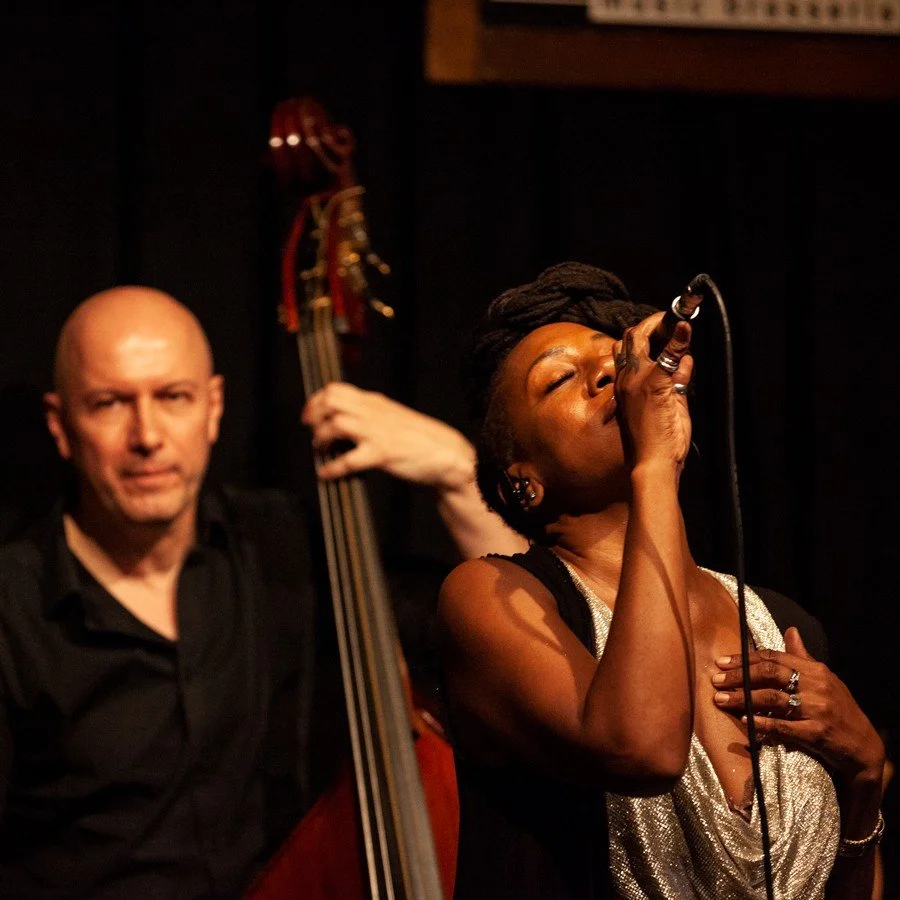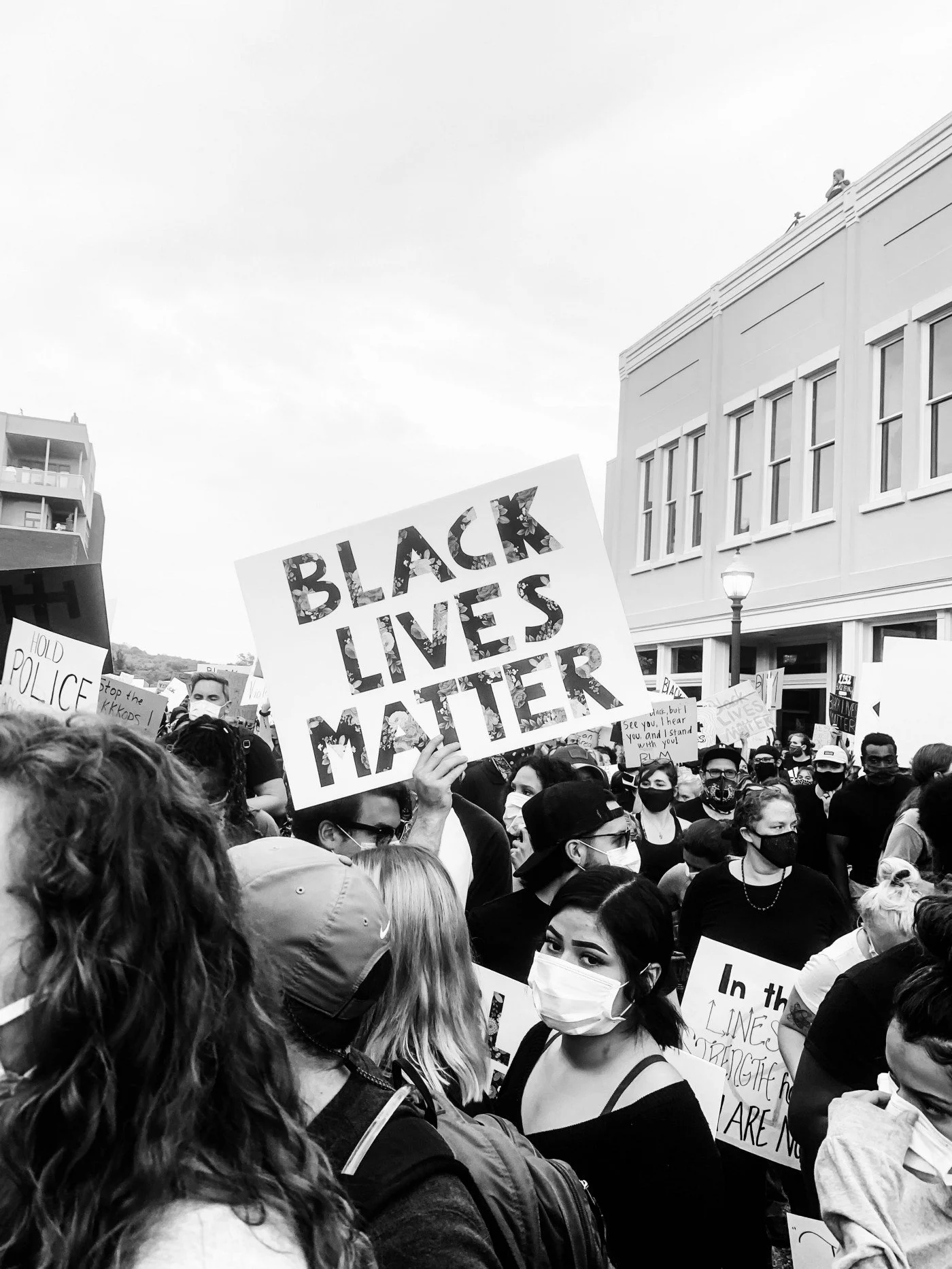Misogynoir Almost Killed My Acting Career
Written by: Shayna Conde
Misogynoir in the Audition Room
It was the final callbacks for a movie that had the potential to change my life. I finished my final scene in front of the screenwriter, director, and casting director, and they were all so excited to get to know me. “Where did you go to school?” “What did you think of the script so far?” “What does your schedule look like?” They asked promising questions; you know, the ones that make you think you probably booked a job. After some time answering their questions and joking with the team, I said my thank you’s and goodbyes and went about my day, happy as a working actor in New York City could be. A few days later, I received an email stating that they “loved my work but were going in a different direction” and that was when I remembered important details from my audition:
1. The creative team was made entirely of white people.
2. All the women in the waiting room who made it to the final callback were white.
3. Race was not mentioned in the casting call at all (which silently means “white”).
4. I am Black.
I Internalized That I Was Not Enough
This was my second big acting opportunity out of graduate school but the first time I knew nothing I did and no amount of talent could change their decision. This was the first time I knew, without doubting or gaslighting myself, that not getting this role was racist. I would love to say after that experience I continued my career in entertainment and never encountered another problematic (to put it gently) audition or casting, but I don’t want to lie to you. From being told I am “not thicc enough” to having auditioners interrogate me about my cultural background during an audition as if I am confused, or having auditioners not understand that black people tan in the summer, too; life as a black woman in entertainment is hard, triggering, and draining.
I continued down this rocky, cyclical path of professional auditions and encountering misogynoir for about a year until I hit a breaking point. I didn’t realize how the toxicity was sitting in my body and building upon itself. An “artistic depression” is what I called it. Basically, I didn’t want to create anything anymore and I didn’t know why. I took an indefinite hiatus from acting and focused on the things that made me happy like writing, working with kids, being around people who validated and uplifted me, and so much therapy. During those months I realized I had developed a racist view of my own body. I believed that to be a successful, Black woman in entertainment I needed to look a certain way, talk a certain way, dance a certain way, exist on stage in a certain way or else no one would hire me, want me, or believe in my Black existence.
The deeper I dug, I realized every experience I had with being a Black performer validated this toxic self-image. I was never cast in a professional show during my final year of graduate school and told regularly that directors “don’t know what to do with me” when my other Black female cohorts were working significantly more than me. A white woman was cast as “Mimi” in RENT during my senior year of undergraduate school while I was asked to be in the ensemble — and was only asked to join the ensemble after being accepted into Harvard University for graduate school. As the only Black girl who auditioned for a musical in high school, I was told my singing voice was “too deep” to play a girl (I’m an mezzo-soprano) so, if I wanted to be the musical I would have to be a boy. Now, I know that’s a lot to unpack and we don’t have time to do that (if you know that John Mulaney reference, blessings to you and your offerings) but I’m grateful for the healing process and journey I experienced despite these experiences.
Racial Healing Happens in Community
My time away from auditioning and hearing these reductive comments about how I should be taking up space was necessary for me to realign myself for myself. I found other means of joy that were not dependent on validation from other people. I made my own art and started my own projects that celebrated the aspects of myself that others criticized so harshly. I surrounded myself with other Black women who worked in entertainment and we shared stories, went to movies together, had brunch, lamented about our own experiences with texturism, colorism, sizeism, and all the -isms people place on Black women’s bodies.
Misogynoir is racial discrimination that is specific to Black women. Texturism is racial discrimination based on the texture or curliness of one’s hair. Colorism is racial discrimination based on the shade on one’s skin (i.e. how light-skinned or dark-skinned you are) and Sizeism is discrimination based on the size and/or weight of a person. All of these evils (and more, believe it or not) come into play for every casting that involves Black women.
I needed to do all of this outside of being active in the industry to remember why I like me and that I am not alone in my experience. Having to subconsciously carry the weight of these oppressions into every job interview (in and out of the entertainment industry) and know that everyone around you is subconsciously compartmentalizing you during that process would drain anybody out of a love for their passion.
I realized the importance of self care and community. Without these, I could not develop a healthy relationship with acting again. To know that I am not defined by others, by my physicality or my output, has liberated me to create some of my best work yet. Plus, it has opened doors for me to work with other people who share the views and beliefs that I have so we could create new works together.
The industry is filled with skin lightening creams, serums, hair removal products, body injections and surgeries, and tactics that tell us we need correcting — that we are not enough and should look like anyone but ourselves to be successful. Taking care of and loving ourselves as Black women is one of the most revolutionary things we can do, especially in the entertainment industry.
Loving myself set free my creativity and it can do the same for you.

